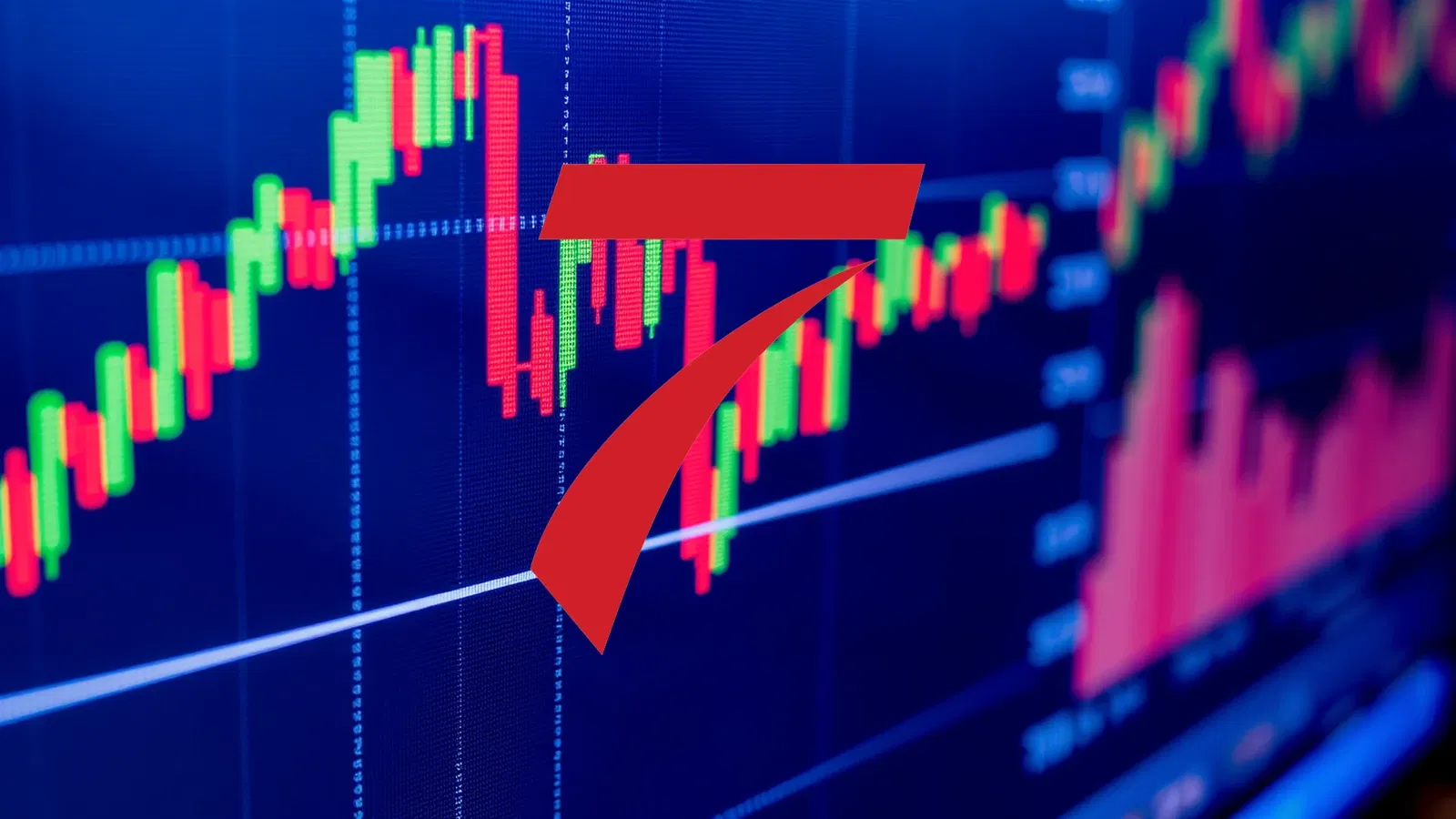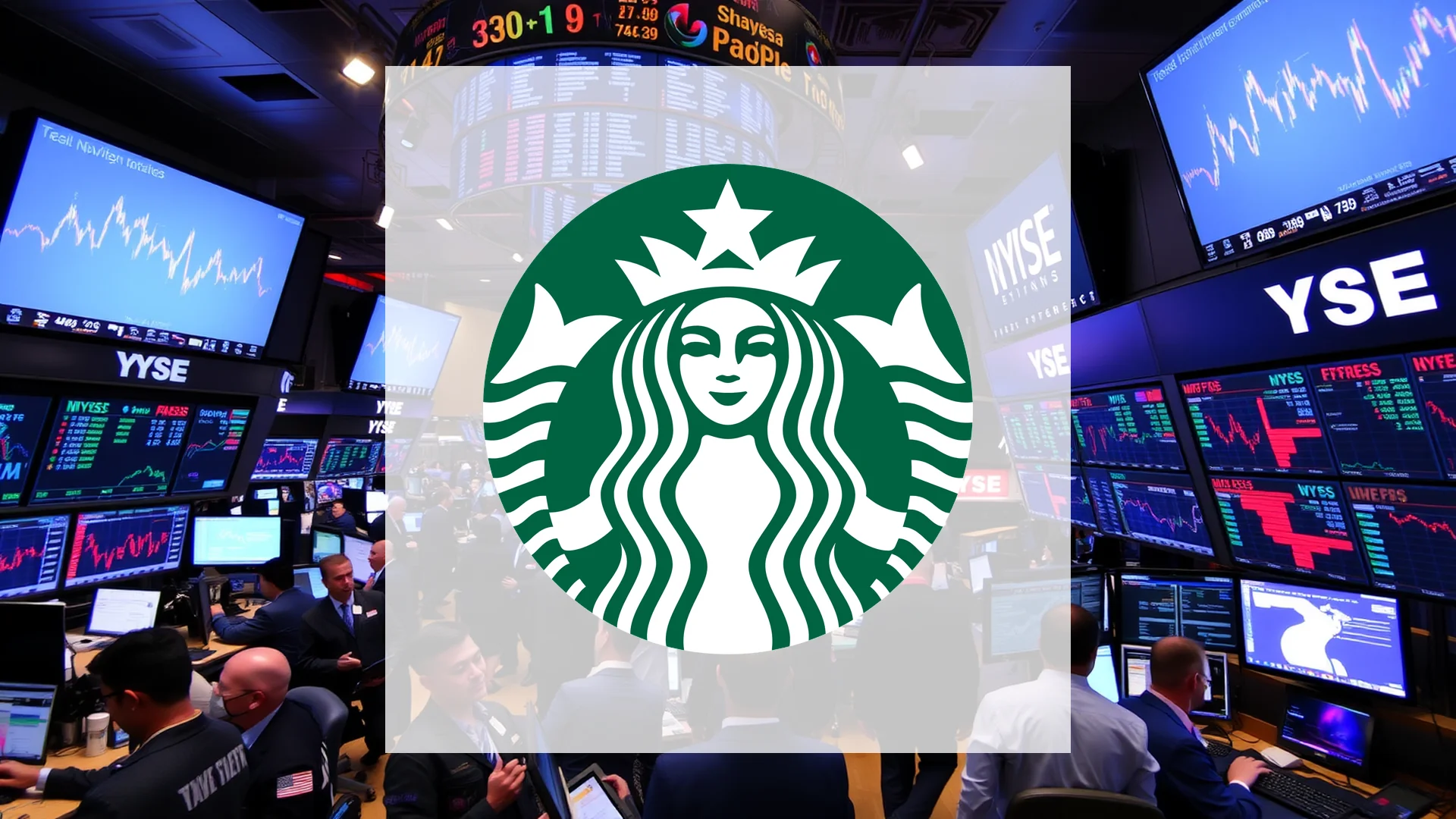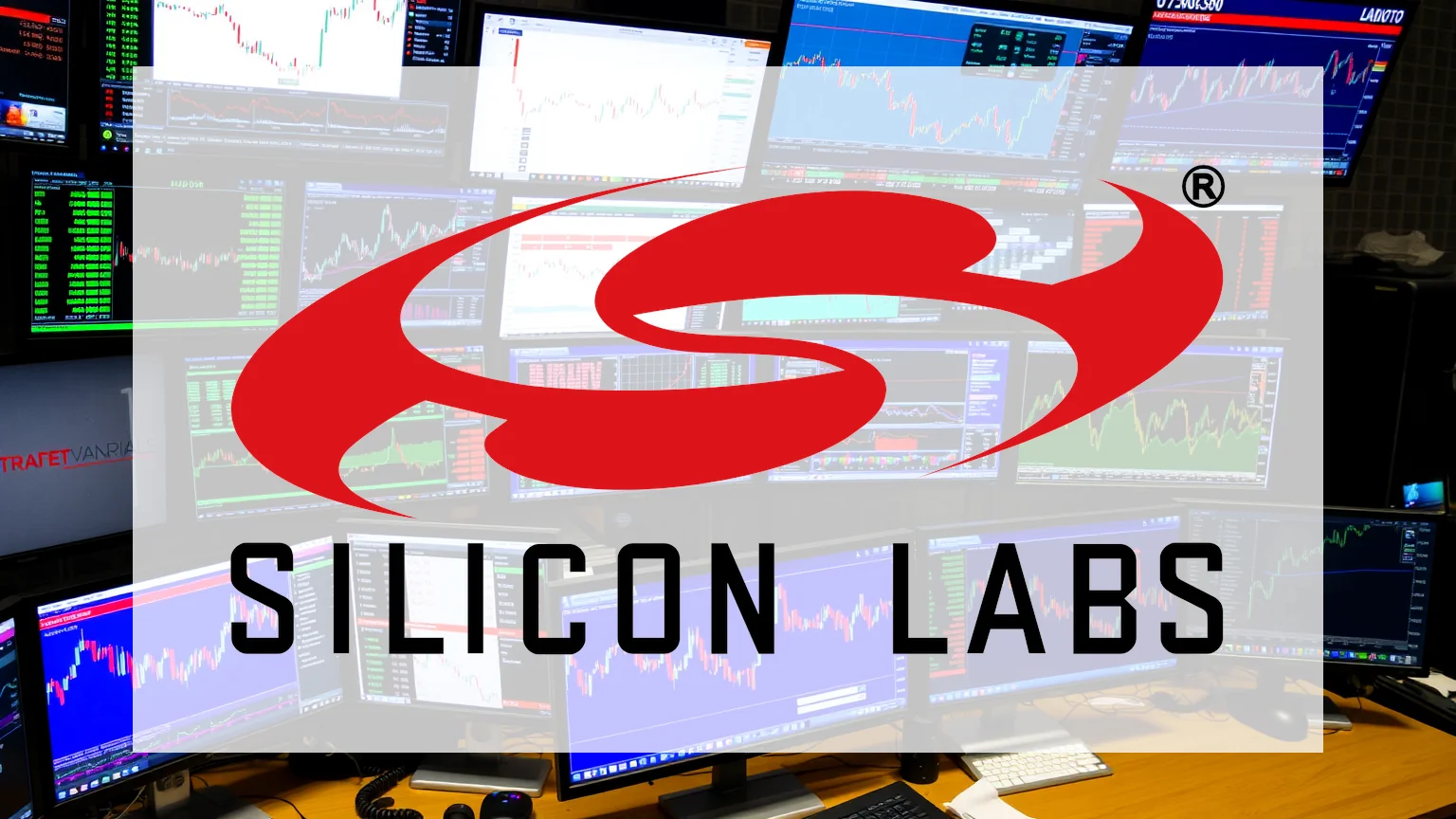Despite posting a substantial year-to-date decline exceeding 30%, financial data provider Morningstar is making strategic moves that are capturing market attention. The company is navigating a period of significant transition, marked by an unexpected leadership change in a key division and the expansion of its prestigious rating system to include illiquid funds. The central question remains whether these initiatives can reverse the stock’s downward trajectory.
Strategic Expansion into Semi-Liquid Fund Ratings
In a significant strategic development last week, Morningstar launched its Medalist Ratings for semi-liquid funds. This move extends the company’s analytical coverage to a growing segment of the market that has traditionally suffered from a lack of transparency. The newly rated products include interval funds, tender offer funds, and non-traded REITs.
The initial round of evaluations saw no fund achieve the highest Gold medal. Pimco’s Flexible Credit Income Fund secured a Silver rating, while its Flexible Municipal Income Fund was awarded a Bronze rating. This initiative, spearheaded by Laura Lutton, Global Head of Manager Research, is designed to provide crucial guidance for investors and advisors operating in complex private markets.
Should investors sell immediately? Or is it worth buying Morningstar?
Management Shift at Direct Platform
Adding to the period of change, Morningstar announced a leadership transition on August 30, effective this coming Friday, September 12. James Rhodes, President of the Direct Platform, is departing the company. Frannie Besztery is slated to assume the role on an interim basis. This shift in leadership for a core business unit occurs at a pivotal moment, given that the Direct Platform is considered one of Morningstar’s primary growth engines.
Strong Fundamentals Provide a Counterpoint
These recent corporate developments stand in contrast to the firm’s underlying solid financial health. At the end of July, Morningstar reported its second-quarter 2025 results, showcasing a 5.8% increase in revenue to $605.1 million and a record net profit that surged by 28.8%. This robust performance was largely fueled by the strength of core platforms such as PitchBook and Morningstar Direct.
The expansion of its rating services and the executive reshuffle demonstrate that Morningstar is proactively executing its strategy despite the share price weakness. Whether these actions will be sufficient to restore investor confidence and halt the stock’s decline will become clearer in the coming weeks.
Ad
Morningstar Stock: Buy or Sell?! New Morningstar Analysis from February 7 delivers the answer:
The latest Morningstar figures speak for themselves: Urgent action needed for Morningstar investors. Is it worth buying or should you sell? Find out what to do now in the current free analysis from February 7.
Morningstar: Buy or sell? Read more here...











